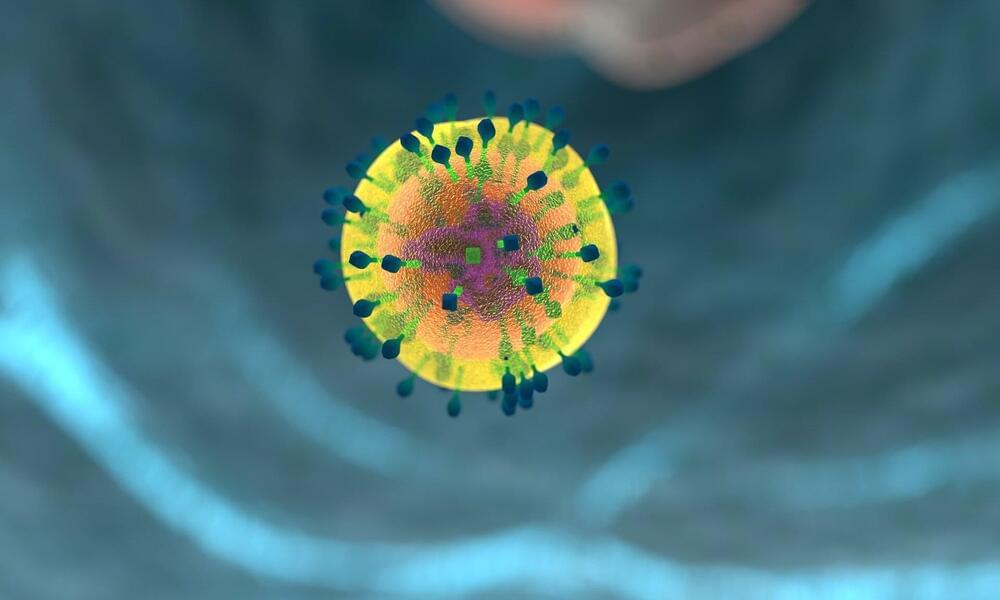Researchers from Children’s Hospital of Philadelphia (CHOP) identified a key metabolite in cells that helps direct immune responses and explains at a single cell level why immune cells that most efficiently recognize pathogens, vaccines, or diseased cells grow and divide faster than other cells.
The findings also indicate that a better understanding of this metabolite and its role in immune response could improve the design of immunotherapies and create longer-lived responses against different types of cancer as well as enhance vaccine strategies. The findings were published online by the journal Science Immunology in a paper titled “Single-cell NAD(H) levels predict clonal lymphocyte expansion dynamics.”
Antigens are foreign substances that our immune system recognizes and responds to by producing more T and B cells. These cells each have unique receptors that recognize specific antigens and can respond appropriately, and they can “remember” and respond similarly when exposed to the same antigen again.
